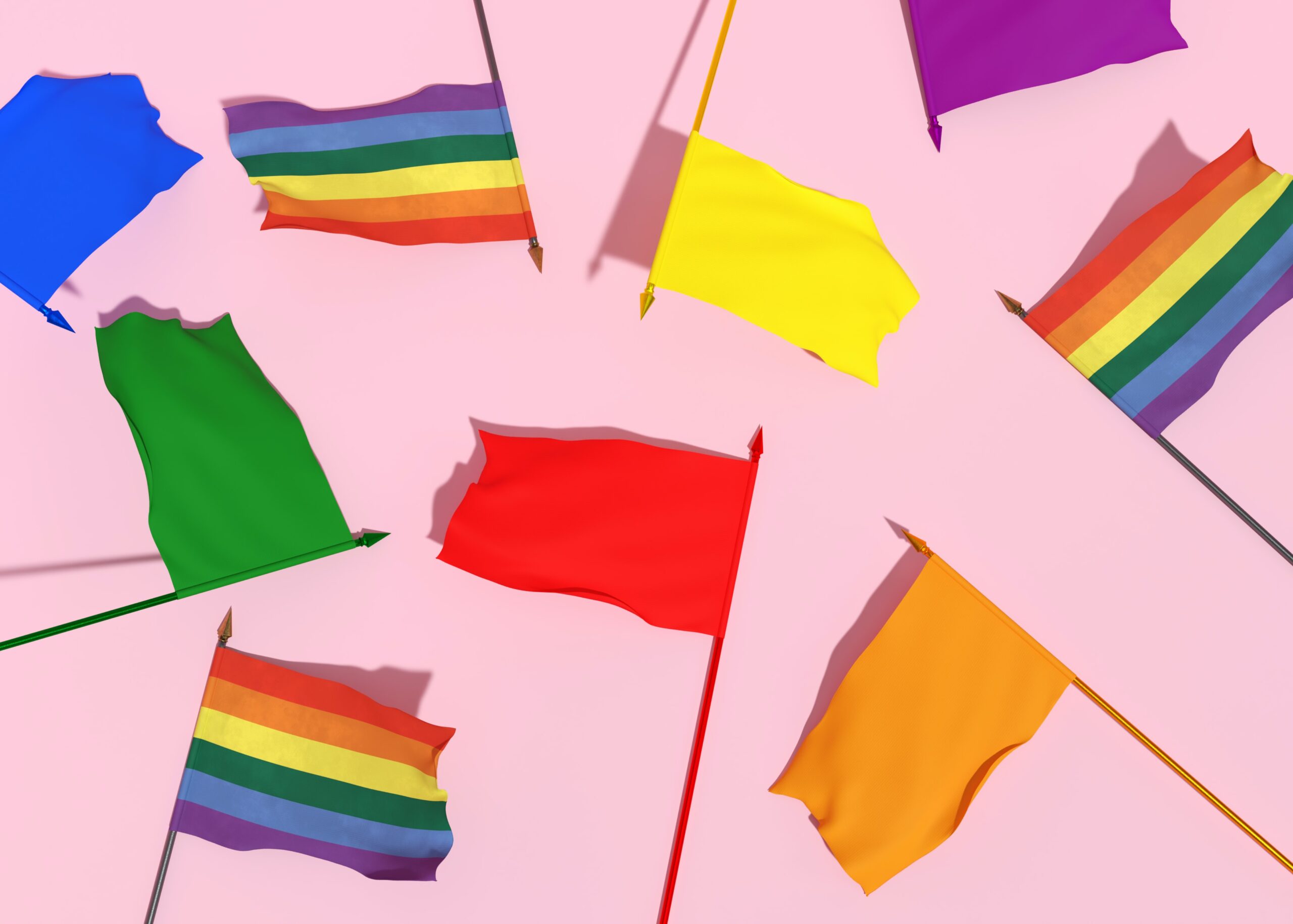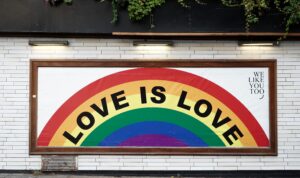How to Support Asian American LGBTQ Youth to Come Out
Research shows that LGBTQ youth (lesbian, gay, bi, transgender, and queer) are at increased risk of suicide and mental health issues, such as depression and anxiety. The 2023 survey of the Trevor Project, reported that 46 percent of LGBTQ teens seriously considered attempting suicide. That is about twice the national rate for all adolescents.
Meanwhile, Asian American LGBTQ youth face a lot of challenges, especially when coming out to their families. Mind Connections is dedicated to helping the LGBTQ+ youth, the AAPI community in particular, to tackle the struggles.
Challenges for Asian American LGBTQ+ Youth to Come Out
Coming Out Can Be Challenging in General
Coming out can be an affirming process for some; but for others, unfortunately, it can be disastrous. According to the Trevor Projects 2023 report, Fewer than 40% of queer youth found their home to be LGBTQ-affirming. That is, coming out can lead to the queer teens losing the vital social support they had always leaned on.
Some people might be forced to come out due to outings by other people or situations. In these cases, the person may not be ready to be open about who they are but must tackle these discussions with the people around them; this can put people in dangerous situations, especially if their households are not accepting or affirming.
Discrimination and Hate Crime
The AAPI community faces unfair stigmas and is referred to as the “model minority,” which perpetuates harmful stereotypes and stems from racism against AAPI people in America. As mentioned in our past article, this label makes it seem like AAPI worked hard and defeated the racism they once faced.
Individuals who identify as both AAPI and LGBTQ+ may experience discrimination from multiple angles. They may be subject to prejudice based on their race or ethnicity, as well as discrimination from their own community due to their sexual orientation or gender identity. This combination of biases can lead to feelings of isolation and marginalization.
Notably, the pandemic has brought so much more discrimination to AAPI communities. In particular, physical attacks such as assault, being coughed on, being spat on, etc., increased due to COVID-19. Hate crimes have negative effects on the victims’ mental health. Victims can face psychological distress, anxiety, depression, and PTSD.
Stigmas and Cultural Expectations AAPI Queer Youth Face
AAPI cultures often place strong emphasis on family honor, traditional gender roles, and heterosexual relationships. These cultural expectations can create significant pressure for AAPI individuals who identify as LGBTQ+. The fear of disappointing or bringing shame to their families can make the coming-out process particularly difficult.
In the article, “Being Asian-American and LGBTQ+: a Teen Perspective,” the writer shares their experience of coming out to their Asian American parents. They highlight the contrast between the LGBTQ+ media representation in their generation and that of their parents’. The current generation has better access to positive LGBTQ+ media, which was not the case for Asian parents. This has made being LGBTQ+ seem like a more westernized and distant concept.
Furthermore, the writer shares that coming out is scary because topics of sexuality, sex, and mental health are not usually talked about openly. They acknowledge that it may be difficult for some time, but things will get better!
How to Help Asian American LGBTQ+ Youth to Come Out
Assisting queer youth in sharing their identity with their families can be an important and delicate process. To aid them in this journey, here are some simplified steps.
1. Foster a Safe and Supportive Environment
Create a space where the people you know feel comfortable opening up and sharing who they are. To create a safe space for someone to open up, try and:
- Practice active listening and allow people to express themselves without fear of being dismissed or misunderstood
- Cultivate a non-judgmental attitude
- Show empathy and compassion
- Validate others’ emotions and let them know that their experiences are valued
- Promote confidentiality and trust: Assure others that what they share with you will be kept confidential
- Celebrate individuality and encourage others to express themselves authentically (i.e. take interest in their hobbies, shows they watch, etc.)
- Respect personal boundaries and allow others to open up at their own pace and avoid
2. Be Aware of Your Own Biases
It’s important to take a moment to think about your own beliefs, biases, and prejudices. Recognizing them and making a deliberate effort to address and unlearn them can be a powerful way to promote personal growth and increase self-awareness. When you create a non-judgmental environment, you open the door for more positive interactions and relationships.
3. Educate Yourself and Others
Educating yourself about different identities, experiences, and social issues is important. You can seek out resources such as books, documentaries, or workshops that can help broaden your understanding and perspective. Being educated on these topics can help you better advocate for the LGBTQ+ Community, especially the youth, in your life.
Assist The youth in finding LGBTQ+ organizations, helplines, or online communities that offer resources, advice, and peer support for coming out.
4. Offer Guidance and Advice
Share experiences, stories, and strategies for coming out. Discuss potential scenarios and help them anticipate and prepare for different reactions from their families.
Suggest starting with trusted family members or friends who may be more accepting before approaching more challenging conversations with other family members.
5. Be There to Support Them
As mentioned before, coming out can, unfortunately, harm someone’s relationship with their family and friends. If your loved one comes out to you, offer them your support. Let them know that you’re there for them and stand with them for who they are.
Remind them that some people may need time to come around to the news and eventually may become more and more accepting. If that doesn’t occur, let them know that so many people out there want to support and love them for who they are.
Mind Connections Supports LGBTQ+ Youth
Mind Connections wishes you a Happy Pride Month! We provide affirming counseling for LGBTQ+ individuals and couples. If you struggle with harassment, hatred, related stress, anxiety, depression, or any other mental health challenge we are here to provide LGBTQIA-friendly therapy! Call us free for 15 minutes to discuss your concerns and seek pride counseling.
Content Creator, Victoria Gallo; Reviewed by Dr. June Cao






Being gay and an Asian is not easy. I came out, but my parents still do not accept me for my sexual identity. Thanks for your understanding
Just wanna tell you that I appreciate your support for the LGBTQ community